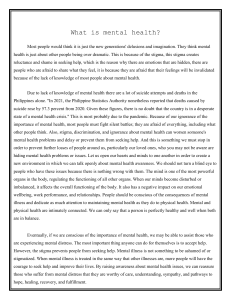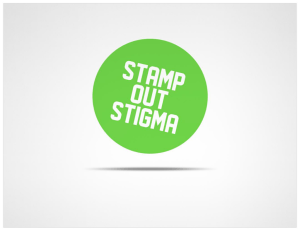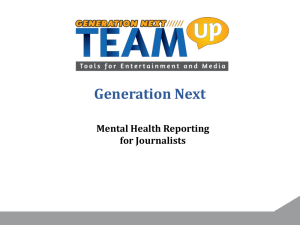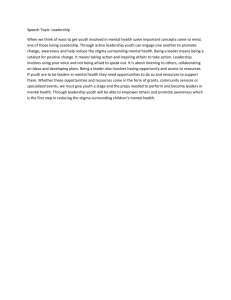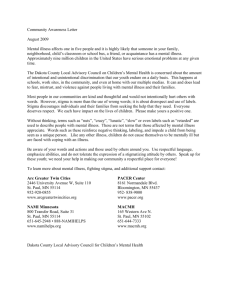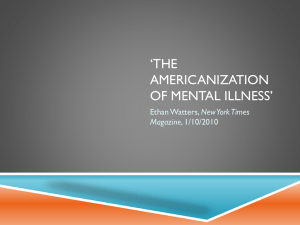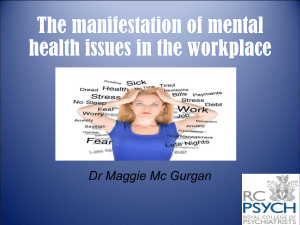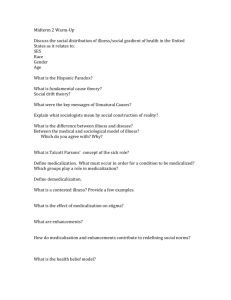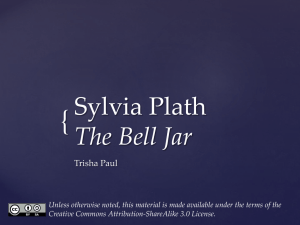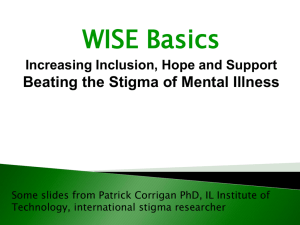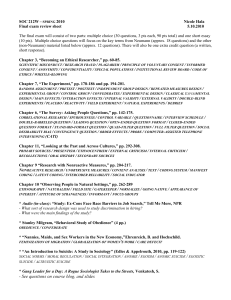Midterm Review Sheet
advertisement
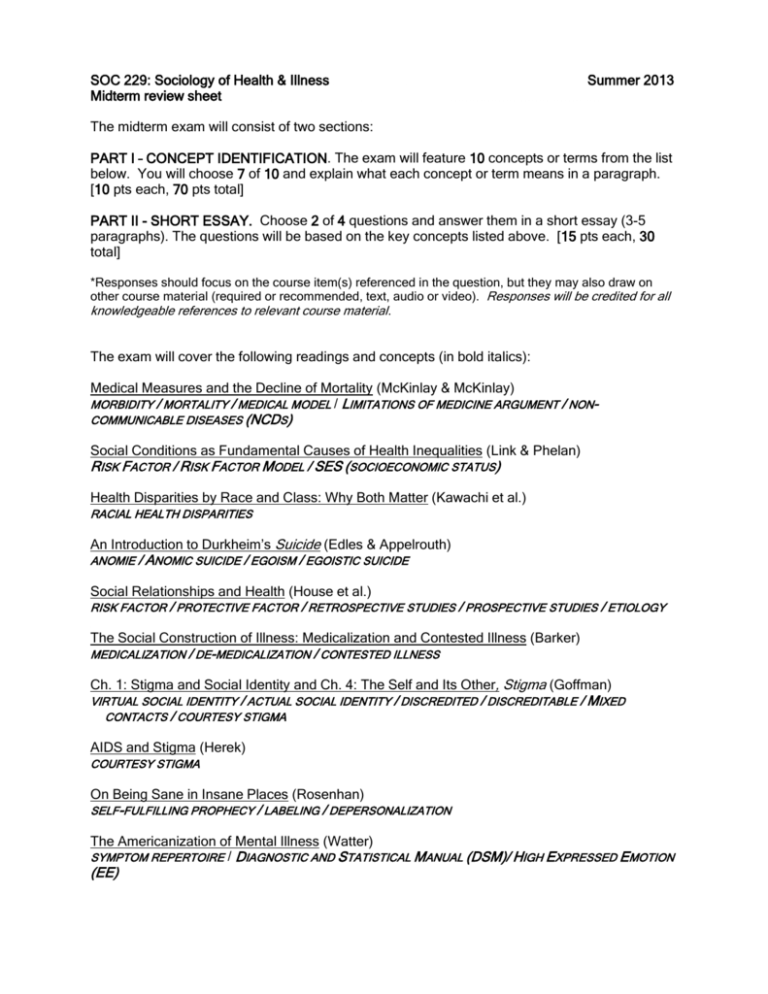
SOC 229: Sociology of Health & Illness Midterm review sheet Summer 2013 The midterm exam will consist of two sections: PART I – CONCEPT IDENTIFICATION. The exam will feature 10 concepts or terms from the list below. You will choose 7 of 10 and explain what each concept or term means in a paragraph. [10 pts each, 70 pts total] PART II - SHORT ESSAY. Choose 2 of 4 questions and answer them in a short essay (3-5 paragraphs). The questions will be based on the key concepts listed above. [15 pts each, 30 total] *Responses should focus on the course item(s) referenced in the question, but they may also draw on other course material (required or recommended, text, audio or video). Responses will be credited for all knowledgeable references to relevant course material . The exam will cover the following readings and concepts (in bold italics): Medical Measures and the Decline of Mortality (McKinlay & McKinlay) MORBIDITY / MORTALITY / MEDICAL MODEL / LIMITATIONS OF MEDICINE ARGUMENT / NONCOMMUNICABLE DISEASES (NCDS) Social Conditions as Fundamental Causes of Health Inequalities (Link & Phelan) RISK FACTOR / RISK FACTOR MODEL / SES (SOCIOECONOMIC STATUS) Health Disparities by Race and Class: Why Both Matter (Kawachi et al.) RACIAL HEALTH DISPARITIES An Introduction to Durkheim’s Suicide (Edles & Appelrouth) ANOMIE / ANOMIC SUICIDE / EGOISM / EGOISTIC SUICIDE Social Relationships and Health (House et al.) RISK FACTOR / PROTECTIVE FACTOR / RETROSPECTIVE STUDIES / PROSPECTIVE STUDIES / ETIOLOGY The Social Construction of Illness: Medicalization and Contested Illness (Barker) MEDICALIZATION / DE-MEDICALIZATION / CONTESTED ILLNESS Ch. 1: Stigma and Social Identity and Ch. 4: The Self and Its Other, Stigma (Goffman) VIRTUAL SOCIAL IDENTITY / ACTUAL SOCIAL IDENTITY / DISCREDITED / DISCREDITABLE / MIXED CONTACTS / COURTESY STIGMA AIDS and Stigma (Herek) COURTESY STIGMA On Being Sane in Insane Places (Rosenhan) SELF-FULFILLING PROPHECY / LABELING / DEPERSONALIZATION The Americanization of Mental Illness (Watter) SYMPTOM REPERTOIRE / DIAGNOSTIC AND STATISTICAL MANUAL (DSM)/ HIGH EXPRESSED EMOTION (EE)
